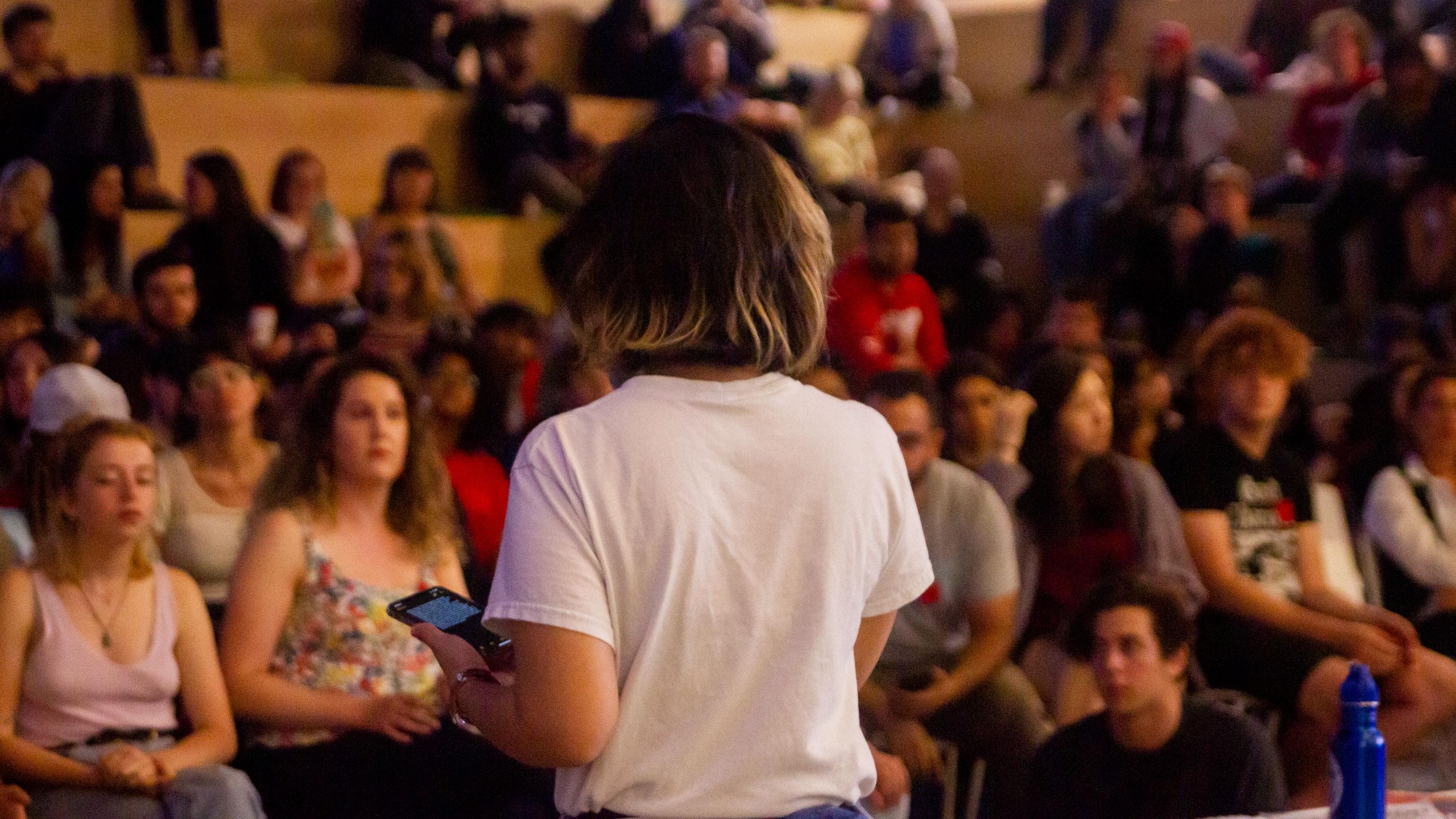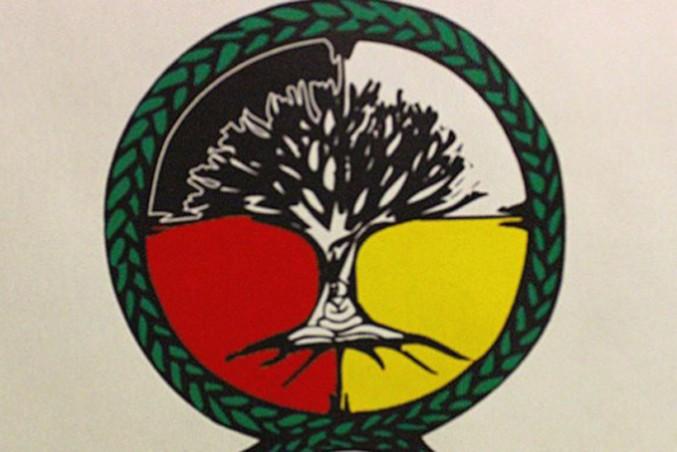By Sheree Pell
Young women and teens have pumped life—and lots of cash—into a trend that owes itself to interest in foreign cultures.
Sue Barnwell, a Ryerson fashion instructor, says the popularity of the trend, especially in Toronto, is thanks to the abundance of ethnic influences around the city.
“Toronto is a cross-cultural city,” Barnwell says. “There are [ethnic] influences when you go to a restaurant, when you go to a movie. The communities are all present and kept intact.”
The popular arrival of ethnicity in fashion began about three years ago with none other than ageless trend-setter Madonna in her video Frozen. Peeking out from underneath long black sleeves were Madonna’s hands covered in mendhi (henna).
A trend was arguably born at that moment.
Malcolm Gladwell, author and writer for the New Yorker magazine; wrote a book called The Tipping Point, about the precise moment an idea or trend moves directly in the consumer’s direction.
“The tipping point is the moment when [the idea or trend] explodes,” Gladwell says. “It’s when these things meet the critical mass and just blow up.” This isn’t the first time ethnic trends have caught on and spread like wildfire in the fashion world. The hippie era was inspired by Eastern culture, with the advent of Hari Krishna’s bongs, spirituality, freedom and a second-year fashion student and secretary of the Ryerson Indo-Canadian Student Association.
Dixon Lee, a second-year electrical engineering student and member of the Ryerson Chinese Students’ Association, says cultures are naturally interested in each other.
“People of Japan are very interested in the Western world,” says Lee. “But there isn’t any specific reason why.”
In North America, young men, women and teens sporting T-shirts, hats and pants with Chinese characters on them. But most of the time those wearing them don’t understand what the Chinese characters mean.
“A lot of the time the characters read things like ‘ninja,’ ‘New York,’ or ‘bad,’” Lee says. “It’s pretty funny.”
But not everyone thinks this lack of understanding is funny.
Kaler isn’t happy about the way her culture is portrayed by stores such as Le Chateau which have cashed in big on ethnic fashions.
Women between the ages of 18 and 30 make up the majority of their clientele.
“The [ethnic] trend does not represent the Indian woman,” Kaler says.
Carmel Smith, manager of Le Chateau at the Eaton Centre, is aware the clothes the store sells may offend some people.
“The clothes are a celebration of culture, of style and beauty,” Smith says. “The fabric and material are the focus. We can’t please everyone—we just supply [the clothes], we don’t force it.”









Leave a Reply